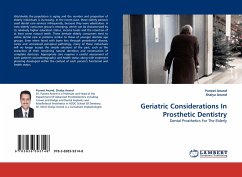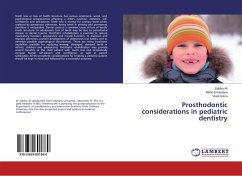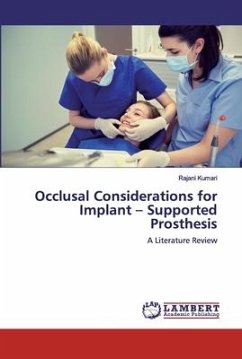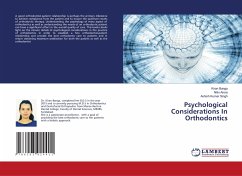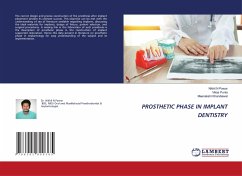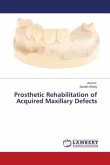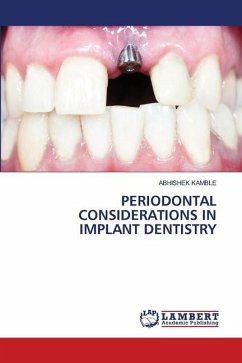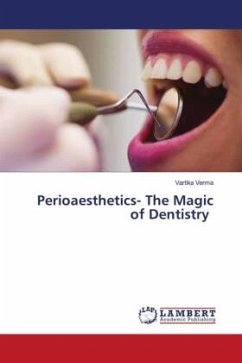Worldwide the population is aging and the number and proportion of elderly individuals is increasing. In the recent past, these elderly persons used dental care services infrequently, because they were edentulous. A 'new elderly' consumer group is emerging, which can be characterized by its relatively higher education status, income levels and the retention of at least some natural teeth. These dentate elderly consumers tend to utilize dental care in patterns similar to those of younger dentate age groups. Even when faced with bone loss through periodontal disease, caries and unresolved periapical pathology, many of these individuals will no longer accept the simple solutions of the past, such as the extraction of their remaining natural dentition and construction of complete dentures. Appropriate care requires a careful assessment of each patient's sociodemographic and health status along with treatment planning developed within the context of each person's functional and healthstatus.
Bitte wählen Sie Ihr Anliegen aus.
Rechnungen
Retourenschein anfordern
Bestellstatus
Storno

